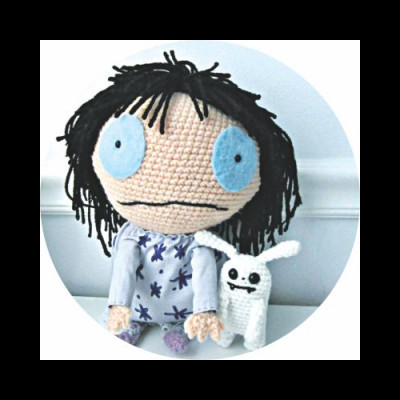Impacts of excessive sadness

Humans are emotional beings, meaning that a wide range of emotions are normal in human experiences, some of which are called negative emotions and some are called positive, depending on the kind of physiological response it evokes. Generally speaking, emotions that uplift our spirit are called positive emotions, as opposed to negative emotions that create a constraining sensation. How our brain interprets the sensation has a lot to play in the reinforcement of it. From an evolutionary perspective, emotions are the most inert responses to the environment with the purpose of preserving the organism. In actuality, all emotions are temporary and benign in nature as long as we don't act on it. In humans, the cognitive part of the brain interacts with the emotional part of brain to regulate responses. Emotional dysregulation happens when intensity, frequency or duration of emotions are out of proportion or fails to meet the need of the person (e.g. sadness from any loss is normal but if that sadness festers to the degree that it causes more loss, then it defeats the evolutionary purpose of emotion).
Lot of people suffer from sadness that can be diagnosed as dysthymia, depressive disorders, learned helplessness, reaction to mood altering agents, so on and so forth. Sadness is often the opposite of anger. People who can't experience or avoid anger, often get stuck with sadness. Emotions are contagious to some extent. That's why it is important to surround oneself with positive people and limit exposure to negativity. Compassion fatigue is quite common in caregivers who work in emotionally charged environment for too long. Certain self care techniques are of high importance to preserve mental health and to avoid absorbing negativity from surroundings. Emotional baggages are passed on both vertically and horizontally across generations. Some people start carrying emotional baggage that doesn't even belong to them!
Women tend to suffer more from sadness than men. Women consume a major share of prescribed antidepressants. A woman's sadness has more social acceptance than her anger. Tears are often attributed as a feminine quality, a socially prescribed gender based emotion that has started to take a toll! Suppressed anger can sometimes lead to chronic sadness. Sometimes sporting a sad look is also used to manipulate others or difficult situations. Sadness becomes a learned helpless behaviour when people lose sense of control over situations in their lives.
Happiness or sadness can be described as ebbs and flows of emotional states of mind. Emotions also help us to communicate without having to use words. However, investing ego into emotions (e.g. "poor me", "why me" etc.) makes it quite complicated. Excessive display of emotion can sometimes be associated with actual or anticipated secondary gain (e.g. dominance, manipulation, communication etc.).
Happiness is the antidote of sadness. People incapable of generating genuine happiness from within, tend to rely on external sources of it and make it conditional (e.g. "I will be happy only if I can buy a house in Gulshan", "I will be happy only if I can become a millionaire" etc.). This is the curse of the modern life of consumerism. Cognitive behaviour therapy targets these irrational belief systems to free emotions from its grasp. These people have no time to be happy because as soon as they achieve one goal, they are set out for the next one without spending any time to celebrate what they have now. Last but not the least; genuine happiness is a divine gift that can't be bought with money or materialistic gains. I'm not trying to undermine ambitions, achievements or striving for better living. I'm trying to make a point that we can always work towards those without taxing our emotional health in the process. Otherwise we will die in big mansions leaving behind fat bank balance with no one to lament the miserable soul.
Cynical people are not just miserable themselves; they want to make sure no one around them is happy either. Eternally happy people love, laugh and live. Life is a journey without destination, so just enjoy the journey!
Photo: Collected


 For all latest news, follow The Daily Star's Google News channel.
For all latest news, follow The Daily Star's Google News channel. 



Comments